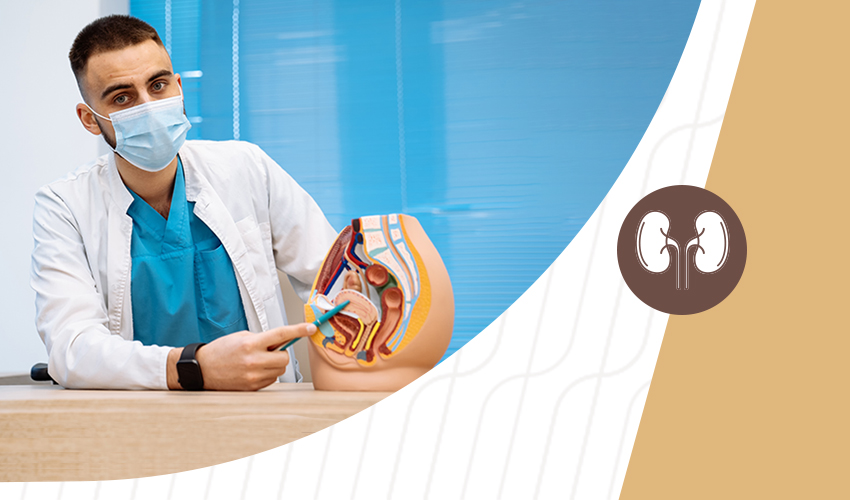- Our Doctors
- Our Specialities
Centres of Excellence
-
 Centre for Blood Diseases, BMT & Cancer Immunotherapy
Centre for Blood Diseases, BMT & Cancer Immunotherapy -
 Centre for Bone, Joint & Spine
Centre for Bone, Joint & Spine -
 Centre for Critical Care Medicine and ECMO Services
Centre for Critical Care Medicine and ECMO Services -
 Centre for Gastrosciences
Centre for Gastrosciences -
 Centre for Heart & Vascular Care
Centre for Heart & Vascular Care -
 Centre for Nephro-Urosciences
Centre for Nephro-Urosciences -
 Centre for Neurosciences
Centre for Neurosciences -
 Centre for Obstetrics and Gynaecology
Centre for Obstetrics and Gynaecology -
 Centre for Organ Transplantation
Centre for Organ Transplantation
Super Speciality
-
 Advanced Diagnostic and Interventional Radiology
Advanced Diagnostic and Interventional Radiology -
 Anesthesiology & Pain Management
Anesthesiology & Pain Management -
 Clinical Nutrition and Dietetics
Clinical Nutrition and Dietetics -
 Dental and Maxillofacial Surgery
Dental and Maxillofacial Surgery -
 Dermatology
Dermatology -
 Emergency and Trauma
Emergency and Trauma -
 Endocrinology and Metabolic Disease
Endocrinology and Metabolic Disease -
 ENT and Head & Neck Surgery
ENT and Head & Neck Surgery -
 Family Medicine
Family Medicine -
 General and Laparoscopic Surgery
General and Laparoscopic Surgery -
 General Medicine
General Medicine -
 Laboratory Medicine
Laboratory Medicine
-
- Key Procedures
- Our Hospitals
- International Patient
- Contact us
-
Quick Links


Kidney, Bladder, Prostate Cancer
Cancer is a disease in which abnormal cells divide uncontrollably and destroy body tissue. If cancer cells develop in the Kidneys, Bladder, or Prostate it becomes organ-specific. This cancer typically affects older adults. It's usually diagnosed early when it's still treatable. It's likely to recur, so follow-up tests are typically recommended. The most common symptom is blood in the urine. Treatments include surgery, biological therapy, and chemotherapy.
Symptoms of cancer are as below:
- Blood in the urine (haematuria), which may cause urine to appear bright red or dark coloured
- Frequent urination
- Painful urination
- Back pain
- Fatigue
- Weakness
Causes:
- Smoking
- Increasing age
- Exposure to certain chemicals
- Previous cancer treatment
- Chronic bladder inflammation
- Personal or family history of cancer
Treatments
Uncompromised healthcare services. Always
Meet Our Doctors
Experienced Medical professionals for a superior patient experience

 +91 9393 108 108
+91 9393 108 108



















































